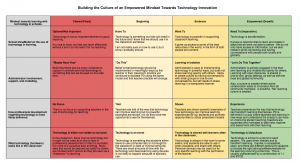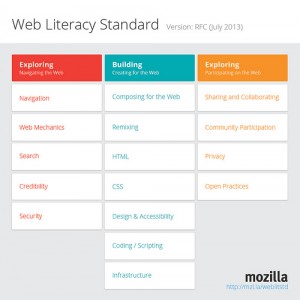My final post for ETC 521 is about Community Based Learning.
A few months ago, I caught up with on of my former school leaders, her name is Louise Marzinotto. I worked with her at Villa Maria School in Montreal years ago. I would compare her to an elder in my community because since the day I met her, she has supported me and offered wisdom and guidance.
She found my name on LinkedIn and sent me a note to give her a call sometime. When we chatted, I learned all about the work she had done, with a team of others, with the English sector of the Quebec Ministry of Education. Like francophones across English speaking Canada, anglophones are a minority in Quebec.
On a recent trip to Montreal, i went out for supper with Louise and heard about Community Based Learning. We discussed how the concept could be applied, and is already being developed within Indigenous communities. The English sector started to develop community based learning centres in order to promote the English language and culture in isolate and urban areas in Quebec. The focus is to figure out what makes up the individual culture of your specific area (place) and promote a learning community around the authentic experiences, people, support networks in that community. For example, a community close to the Gaspe had a pile of old crab traps. They created a community project around crab traps and learned about the history of fishermen in the area. Alternatively, a community closer to Quebec city chose Maple Syrup and created projects around “La Cabane a Sucre”. The key aspect that differentiated the projects from “school projects” was the involvement from a wide variety of stakeholders from the community, not “just” students and educators. The “school” is the community.
The leaders within the community learning centres connected through video conferencing and networks to connect and collaborate. Instead of working in isolation, they worked together..
The different centers were able to promote their similarities and differences while still supporting one another. More information about Community Based Learning and Community Learning Centres in Quebec can be found at: http://www.learnquebec.ca/en/content/clc
Thank you for a great course!
Verena 🙂


